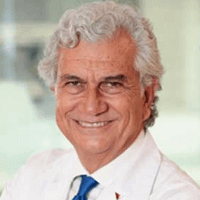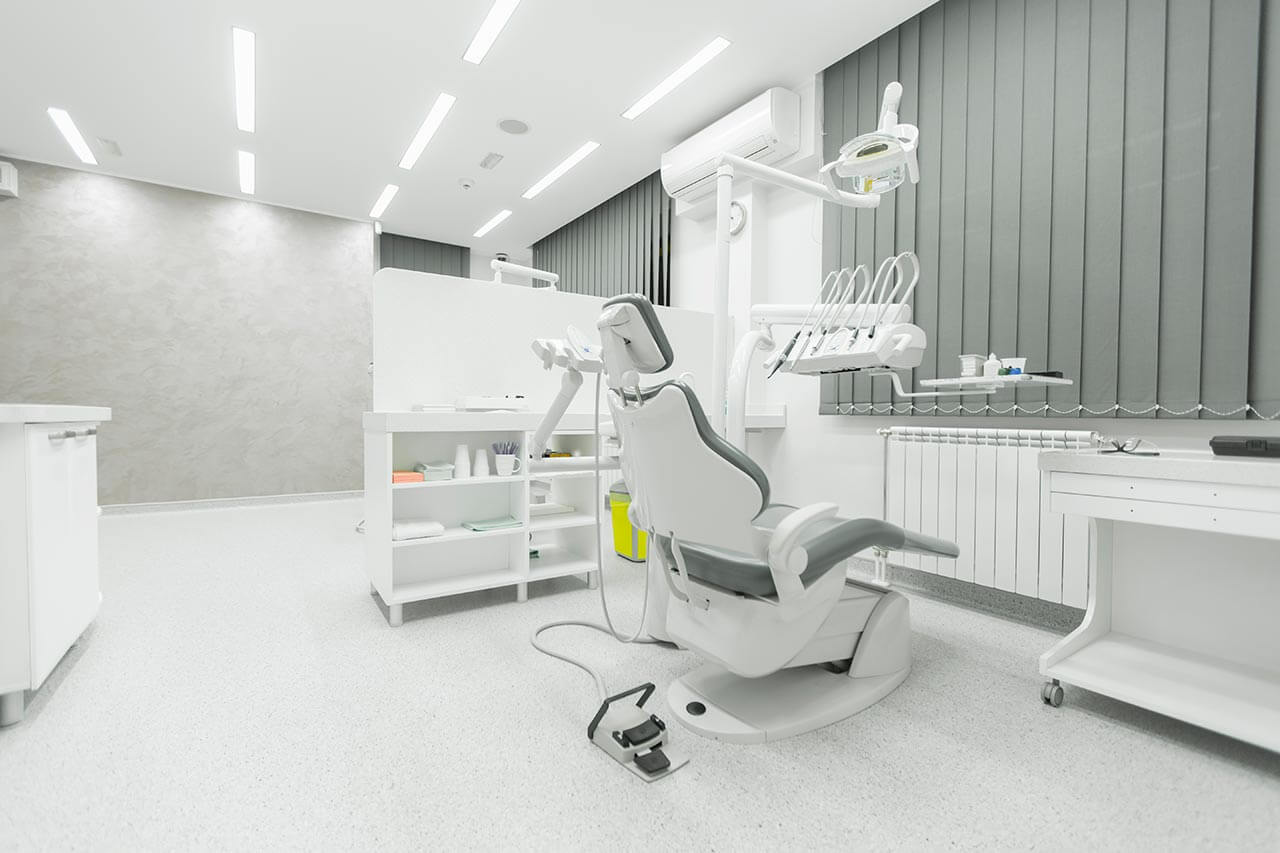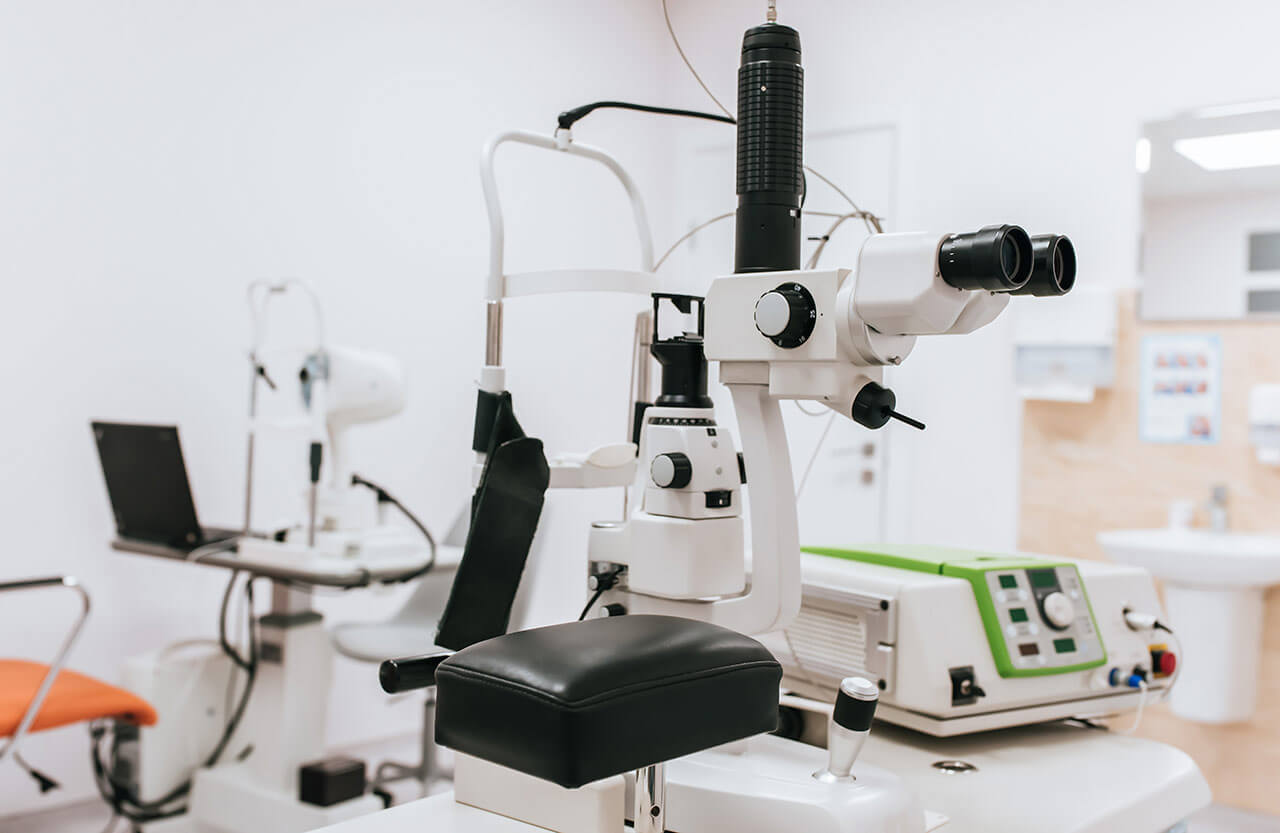
The program includes:
- Initial presentation in the clinic
- clinical history taking
- physical examination
- cardiological examination
- laboratory tests:
- complete blood count
- general urine analysis
- biochemical analysis of blood
- TSH-basal, fT3, fT4
- indicators of inflammation
- indicators blood coagulation
- measurement of arterial blood pressure
- electrocardiogram
- holter monitoring (24h)
- transesophageal echocardiography
- cardiac catheterization
- preoperative care
- repair of mitral valve (minimally invasive)
- symptomatic treatment
- control examinations
- cost of essential medicines and materials
- nursing services
- full hospital accommodation
- explanation of future recommendations
Required documents
- Medical records
- Echocardiography (if available)
Service
You may also book:
 BookingHealth Price from:
BookingHealth Price from:
About the department
The Department of Cardiac Surgery and Vascular Surgery at the Memorial Atasehir Hospital Istanbul offers all modern surgical interventions for the treatment of cardiovascular diseases, with the exception of heart transplantation. The main specialization of the department is coronary artery bypass grafting, correction of valvular heart defects and congenital heart defects in adults. The department's doctors strictly observe the current clinical protocols, so the risks of complications are practically zero. The department is headed by Prof. Dr. med. Azmi Ozler.
It should be noted that the department's medical team cooperates closely with colleagues from leading Heart Surgery Clinics in Europe and the United States, thanks to which the specialists become pioneers in the application of innovative cardiac surgery techniques in Turkey. For example, the department's doctors were the first in the country, who performed an operation for the implantation of endovascular stent to treat lesions of the large branches of the aorta. The department's specialists were also the first in Turkey, who performed radiofrequency ablation for arrhythmia treatment.
The progressive medical and technical base of the department allows cardiac surgeons to perform operations on the beating heart with and without the use of a heart-lung machine, sparing minimally invasive interventions and reconstructive operations on the heart valves. The department's cardiac surgeons annually perform more than 1,000 interventions of varying degrees of complexity, while most of the operations are performed without thoracotomy and formation of an extensive surgical access, which significantly accelerates the postoperative recovery of the patient.
Most of the operations in the department are coronary artery bypass grafting. The operation is performed to restore the blood supply to the myocardium via formation of blood bypass. A surgical intervention is the most effective and optimal treatment method for severe types of coronary heart disease. The department's doctors perform all modern types of coronary artery bypass grafting – with and without a heart-lung machine (a special stabilizer is used), minimally invasive bypass grafting. In addition, the department performs coronary artery bypass grafting using the innovative AESOP robot-assisted surgical system. The type of intervention is selected for each patient individually, according to his clinical parameters and the severity of coronary heart disease. The operation is performed under general anesthesia and lasts 4-6 hours. A fragment of the patient's femoral vein is usually used as a bypass. Such an approach eliminates the risk of bypass rejection, which can be provoked by the placement of an implant made of artificial materials. After the operation, the patient will be transferred to the Intensive Care Unit, where he will be under constant monitoring of intensive care physicians.
The department also offers excellent therapeutic options for the restoration of heart valve function. Cardiac surgeons perform reconstructive operations and interventions to replace heart valves with an artificial prosthesis. The doctors use biological and mechanical prostheses for total heart valve replacement. The most popular operations in the field of reconstructive cardiac surgery include mitral and tricuspid heart valve reconstruction. As for the heart valve replacement surgery, the doctors most often perform operations on the mitral and aortic valves. The heart valve replacement surgery is performed on an open heart, under general anesthesia. When performing the operation, the surgeon stops the patient's heart and connects it to a heart-lung machine. After replacing the damaged valve, the heart starts again. The duration of heart valve replacement surgery is on average 3 hours.
An important field of the department's clinical activity is vascular surgery. The surgeons of this specialty are focused on the treatment of carotid artery stenosis. The most effective treatment methods for this pathology are carotid artery stenting, carotid endarterectomy, and various types of prosthetics of vascular sections using fragments of the patient's own arteries. The choice of a treatment method is based on the results of the comprehensive diagnostics, with due consideration of concomitant diseases, possible contraindications and other factors.
Another equally important focus of the department's vascular surgeons is on the treatment of varicose veins. If possible, the preference is given to sparing methods – compression therapy, sclerotherapy, laser procedures. However, complex clinical cases require classic open surgery. The department's medical team successfully performs stripping and phlebectomy to treat progressive forms of varicose veins.
The department's range of surgical services includes:
- Cardiac surgery
- Coronary artery bypass grafting
- Coronary artery bypass grafting using a heart-lung machine
- Coronary artery bypass grafting without the use of a heart-lung machine
- Minimally invasive coronary artery bypass grafting
- Heart valve reconstructive surgery
- Heart valve replacement surgery
- Revision interventions on the heart valves
- Surgical repair of congenital heart defects in adults
- Implantation of pacemakers and defibrillators to treat arrhythmias
- Coronary artery bypass grafting
- Vascular surgery
- Surgical treatment of aortic aneurysms
- Surgical treatment of carotid artery stenosis
- Surgical treatment of peripheral arterial occlusive disease
- Surgical treatment of varicose veins
- Stripping
- Phlebectomy
- Other therapeutic services
Curriculum vitae
Professional Career
- Since 2010 Head of the Department of Cardiac Surgery and Vascular Surgery at the Memorial Atasehir Hospital Istanbul.
- 1989 - 2010 Chief Physician of the Department of Cardiac Surgery, Dr. Siyami Ersek Thoracic and Cardiovascular Surgery Training and Research Hospital.
- 1983 - 1989 Deputy Head of the Department of Cardiac Surgery, Haydarpasa Training and Research Hospital.
- 1982 - 1983 Cardiothoracic Surgeon, Department of Cardiac Surgery, Military Hospital in Orlu.
Higher Education and Postgraduate Training
- 2013 Professorship in Cardiac Surgery, Istanbul, Turkey.
- 1992 Assistant Professorship in Cardiac Surgery, Istanbul, Turkey.
- 1976 - 1981 Specialized training in Cardiac Surgery, Haydarpaşa Numune Training and Research Hospital.
- 1970 - 1976 Study of Human Medicine, Faculty of Medicine, University of the Aegean.
Scientific Publications
- 96 articles in international and Turkish scientific journals.
Memberships in Professional Societies
- Turkish Society of Cardiovascular Surgery.
- Turkish Society of Cardiology.
- Turkish Society of Phlebology.
- Turkish Society of Vascular Surgery.
- Turkish Society of Cardiothoracic Surgery, Anesthesiology and Reanimatology.
- European Association for Cardio-Thoracic Surgery.
- European Society of Cardiac Surgery.
Photo of the doctor: (c) Memorial Ataşehir Hospital
About hospital
The Memorial Atasehir Hospital Istanbul is a private medical complex, within the walls of which the patient is expected to receive excellent medical care and responsive care. The medical complex is part of the Memorial Healthcare Group, which consists of 14 hospitals that provide a wide range of services.
The hospital began its work in May 2008 and today enjoys the status of one of the best medical facilities in Istanbul. The medical center specializes in ophthalmology, plastic surgery, dentistry and reproductive medicine, cardiac surgery, oncology, etc. The hospital also includes an advanced Transplant Center – the success rate of liver transplantation here is 99%, kidney – 93.5%. Clinical practice has been awarded the prestigious Joint Commission International (JCI) certificate, which confirms the highest standards of patient service quality and excellent treatment success rates.
The hospital is open 24 hours a day, 7 days a week to provide patients with comprehensive and urgent treatment. It has a progressive infrastructure, state-of-the-art medical and technical base for high-precision diagnostics, effective conservative and surgical treatment, as well as all conditions for the best possible patient comfort.
The health of patients is in good hands of exclusively highly competent doctors who have received medical education at the best universities in Turkey, and have also completed numerous internships in leading hospitals in Europe and the United States. The specialists keep pace with cutting-edge innovations in medicine and seek to heal patients even with the most complex pathologies.
Photo: (c) depositphotos
Accommodation in hospital
Patients rooms
The patients of Memorial Atasehir Hospital Istanbul live in comfortable single or double rooms made in a modern design. The standard patient room includes a comfortable automatically adjustable bed, a bedside table, a wardrobe, a telephone and a TV. Each patient room has an ensuite bathroom with shower and toilet. To provide maximum convenience for patients, the patient rooms also have Wi-Fi.
Meals and Menus
The patient and the accompanying person are offered tasty and balanced three meals a day. If for some reason you do not eat all foods, you will be offered an individual menu. Please inform the medical staff about your food preferences prior to treatment.
Further details
Standard rooms include:
Accompanying person
During the inpatient program, the accompanying person can live with the patient in a patient room or a hotel of his choice. Our managers will help you choose the most suitable option.
Hotel
During an outpatient program, the patient can stay at the hotel of his choice. Our managers will help you choose the most suitable option.




